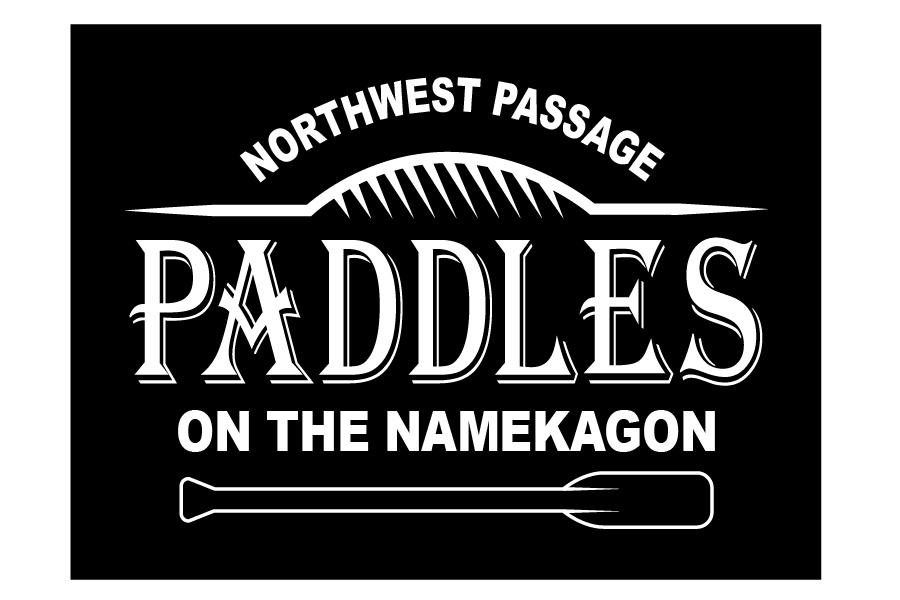This bit of reflection is dedicated to a beautiful soul who left this world much too early. I have been searching for a way to honor the footprints she left and this blog seems to be an appropriate stage. My experience walking with her down her road is representative of many adolescents’ experiences in the world of mental health treatment. I remember her taking a fiercely protective stance regarding her identity and raging against adults who dared define her as a “disturbed child” or “victim”. She described those who engaged in the sin of categorizing her as “haters” and enjoyed the fight they provided through their ignorance. She was particular about the name others used when they referred to her. She knew what kind of mother she wanted to be and what kind of mother she did not want to be. She asserted herself as “Anishinabe” and educated me that she was of the “original people”. She stated one day, “I know exactly who I want to be and where I want to go”.
In my journey with her I was reminded time and again the power of words, the power of labels. As professionals we take pride in adhering to the standards of our profession in terms of diagnosis. In all of our professionalism we sometimes forget the impact of our definitions of “pathology”, “mental illness”, “bipolar”, “dependence”, “trauma”, or “depression”. While my training instructed me to label this young woman’s experiences as “hallucinations”, would doing so diminish her self-described visions from her ancestors? Would doing so prevent me from truly walking with her through treatment and reduce my curiosity of her own experience?
In asking myself these questions I am informed by research and knowledge. I know that Erik Erikson describes the main developmental goal of adolescence as identity formation or the development of a clear sense of self. I also know that research has shown the influence of positive relationships on young people’s lives; influence that can ultimately impact their future success. Knowing these things I would contend that it is our responsibility as adults to educate our clients about the labels we are instructed to use and then lead our clients down a path of understanding that informs them that these labels have little to nothing to do with who they are.
The youth we work with have infinite possibilities in regard to forming their identities. I would assert that they have no need to add labels such as “schizophrenic kid” or “RAD (reactive attachment disorder) kid” or “addict” to those possibilities. Despite teens’ nearly constant reminders to adults that we are all irrelevant, I believe our off-hand or professional use of such labels can have a strong affect on their formation of identity. Even in our good faith efforts to describe who it is we serve we can fall into the habit of referring to “troubled teens” or “at risk kids”.
What is the alternative, then? How about, I work with Christine, Becky, John, or Taylor? I work with a boy who is an amazing artist. I work with a girl who is in love with science. I work with a boy who plans to be a world leader. I work with a young woman who is a poet. Oh, and by the way, sometimes they struggle with big emotions and memories of things that haunt them. Sometimes they ask for things ineffectively and sometimes they have no one to turn to in their darkest hours.
Most importantly, I walk with youth on their path, as a navigator, not in front or behind, but by their side.
In the case of the young woman I dedicated this blog post to, the path was a painful and short one, but I can take some solace that in our walk, she dictated who she was and what she experienced. For that short time, another person in the world heard exactly who she wanted to be and exactly where she wanted to go.





Recent Comments